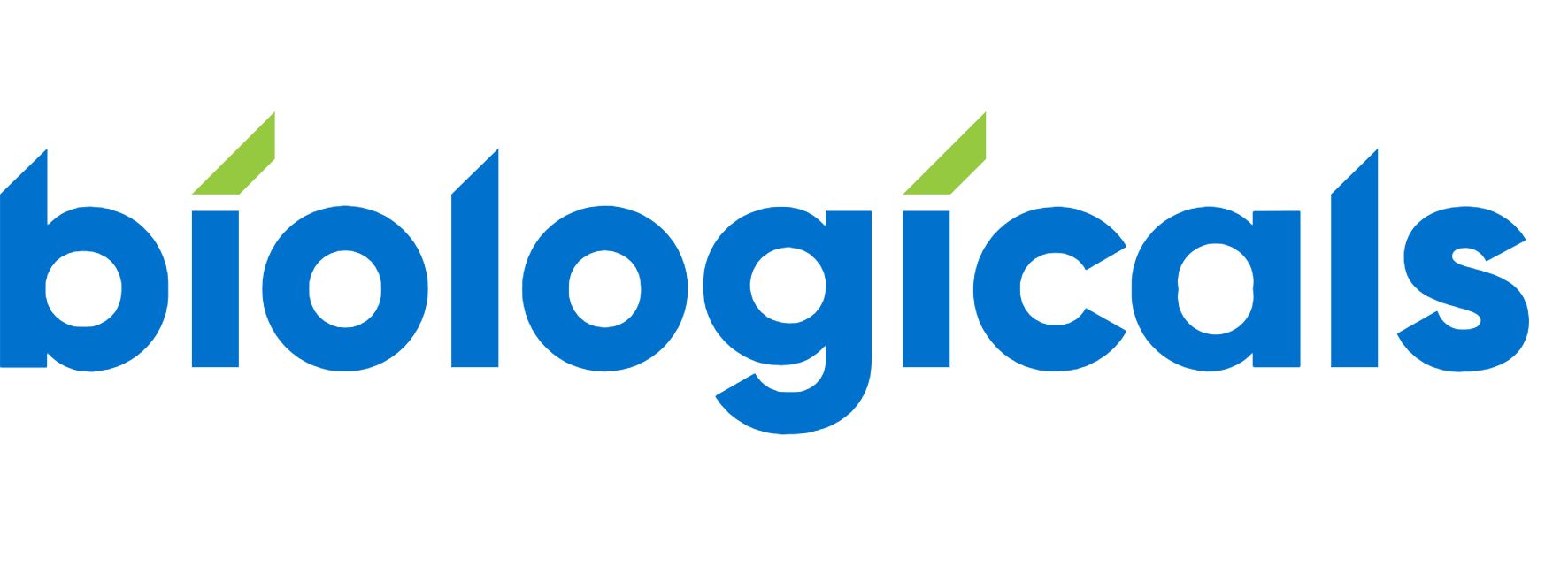By optimizing a plant’s potential and managing stress, Biologicals are the next step in achieving sustainable production that can help close the yield gap and increase profits.
Are farmers hitting their max yield potential? No – and they haven’t for years. Most Canadian farmers haven’t seen steady year-over-year yield growth in more than 30 years, and there’s no single reason why.
While some yields are improving in areas of the world, recent reports have found that 24%-39% of crop areas around the globe never achieve increased yield rates and in some of them, yield is potentially failing. (Ray, et al, 2013) And while yields are at a general standstill, production costs are on the rise
That’s why farmers need new, sustainable innovations to boost productivity and close the yield gap. The solution is more than managing traditional crop pests, weeds, disease and insects – farmers need more than conventional technology to sustainably achieve higher production.
The solution? Biological products that can harness nature to maximize acres and yield.
Feeding the Future
With a growing global population and less available land, Canadian farmers must produce more with fewer resources. Higher yields are crucial not only for farm income but also for global food security. It’s predicted that by 2050, global agricultural production may need to increase by 60%–110% to meet the rising demands. (Ray, et al 2013)
Biologicals Can Close the Yield Gap
The yield gap – the gap between actual crop yields and what’s possible under ideal conditions – shows there’s still untapped potential in plant productivity. This gap is caused by a mix of biotic (like pests and diseases) and abiotic (including drought and poor soil) stressors.
What is a yield gap? The difference between the average realized yield that farmers achieve and the attainable yield for the crop.
Biologicals work by enhancing key physiological processes such as photosynthesis, and by mitigating biotic and abiotic stresses – including those caused by pests and environmental factors.
Biological products can be easily added to a farmer’s crop management plan and combined with conventional cropping methods to improve crop performance.
With several Biologicals to choose from – including biostimulants, biocontrol products and growth regulators – biologicals can help close the yield gap by optimizing productivity, taking crop management to the next level and delivering sustainable production.
Here’s a look at how Biologicals can help realize plant potential by improving plant health, boosting yields and achieving higher on-farm profitability:
Biostimulants
Tank mix for foliar applications to increase plant nutrient efficiency, metabolism, mitigate stress, and support root development.
Biocontrol Products
Growth Regulators
Interested in how Biological Solutions can help close the yield gap on your farm? Connect with a Biologicals Innovation Manager to learn more.
References
Ray, Mueller, West, Foley, 2013. Yield Trends Are Insufficient to Double Global Crop Production by 2050. journals.plos.org.
Copyright © 2025 Corteva. All rights reserved.
™ ® Trademarks of Corteva Agriscience and its affiliated companies. © 2025 Corteva.





